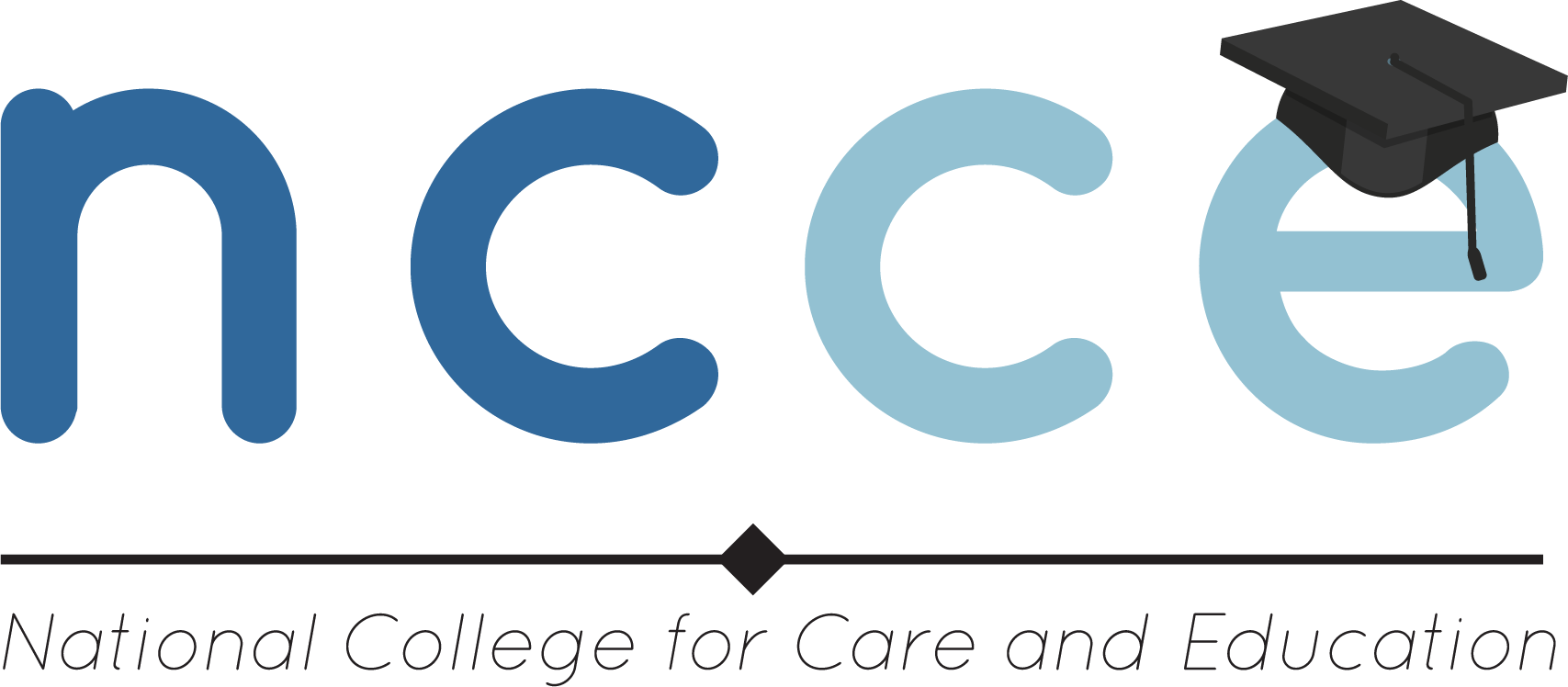
NCCE National College for Care and Education
CACHE L3 Diploma in Therapeutic Play Techniques
NCCE are delighted to launch the NCFE CACHE Accredited Level 3 Diploma in Therapeutic Play Techniques.
Remember it's important you research your options before selecting a course. Late payments may result in fees and could negatively impact your credit file.
What will you
Here's what NCCE - National College for Care and Education say about their course...
What do I get?
What do I need?

CAREER CHANGER | 2020 - 2021
Now
Software Developer
Previously
Chef
What does the course cost?
Repay over 11 months or more
Repayment period (months)
Learn for 10 payments of
/ month
Pay 0% interest
Representative example
/ month
Course cost: £1,200
Repayment period: 24 months
Interest rate: 12%
Interest paid: £147.48
This interest rate is personalised to your specific circumstances
You deserve to progress in a career you love. But learning the skills you need can be expensive. We don’t think that’s fair, so we’re doing something about it.
We partner with industry-leading schools and bootcamps so that you can enrol on your chosen course without paying upfront.
Our ethical finance